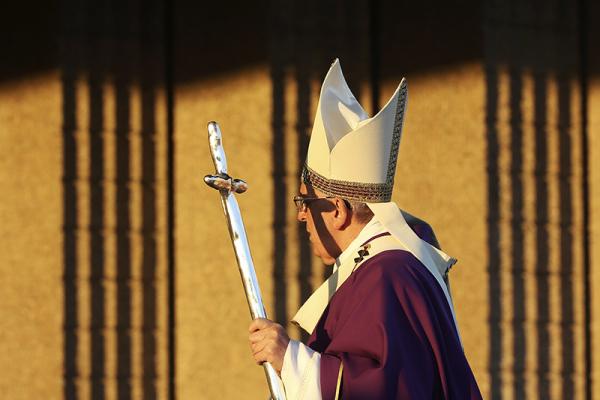Can the Roman Catholic Church change? And if so, how? And what’s on the table — traditions, rites, doctrine, none of the above?
Such fundamental questions go to the heart of Catholic identity, and they’re the same questions Pope Francis has raised almost since the moment he was elected two years ago this March 13, a dark horse candidate who became the first pontiff from Latin America.
When he shunned the apostolic palace for a modest apartment, or cold-called people who wrote to him with problems, Francis’ humble approach endeared him to the masses. Yet he also surprised — maybe stunned — Catholics by encouraging open debate, especially about church teachings and practices that had long been considered out of bounds.
“A basic general condition is this: to speak clearly. No one must say: ‘This can’t be said; he will think of me this way or that,’” Francis told bishops from around the world last summer at a high-level Vatican summit on issues facing the modern family.
“It is necessary to say everything that is felt” with candor.
Read the Full Article

